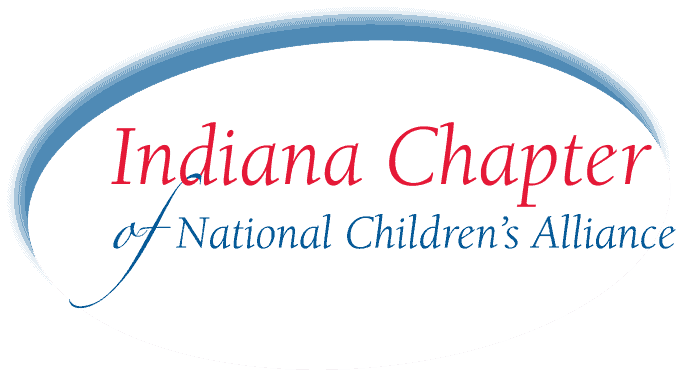This post is part of a new series addressing child abuse, sexual assault, and child neglect myths. If you suspect a child is being abused, call 1-800-800-5556 in Indiana or 911 anywhere in the United States.
Most kids, especially young kids, may not realize what is happening to them
It can be difficult for adults without kids to understand, but kids don’t know what they don’t know. Children who report sexual assault are actually very rare. The U.S. Department of Justice believes 86% of child sexual abuse goes unreported.
Of the mere 14% that do report sexual abuse, the vast majority of those people don’t come forward until adulthood. This is why the recent push by state legislatures to extend the statute of limitations on child sexual abuse has been critical to stopping abusers. A person is, on average, 52 years old when they disclose they were abused as children.
Why don’t kids come forward when they know they’re being hurt?
There are a lot of reasons kids can’t or don’t make an outcry or report to someone they’re being abused, even when the abuse is physically painful. Some of the biggest are:
- Young children may not be able to speak or verbalize words yet.
- Adolescents and kids may struggle to define what is happening, particularly in the case of sexual assault, where penetration or sexual use of genitals is an entirely unknown concept.
- Some kids may lack a trusted adult to report it to.
- Sometimes abuse happens for so long and so frequently that it becomes normalized, making it hard to understand what’s happening shouldn’t be.
- Many kids suspect they won’t be believed — which is common among children abused through religious affiliations.
- Males are less likely to disclose abuse due to shame or embarrassment.
- Some cultural norms and races may limit disclosure due to a cultural sense of being more “tight-knit” with their family.
- Sometimes the abuse is “less physical” and can be confusing to kids. For instance, an adult telling a child to undress while they watch is abuse. So is an adult constantly yelling and berating a child. But that does not necessarily involve direct physical contact.
The last two points are critical because most children know their abusers. 90% of children who come to an Indiana Child Advocacy Center know their abuser, most often because the abuser is a family member. Children can’t or won’t come forward to report to a parent if the abuser is that parent, even if they know what’s happening is wrong and harmful.
These differences between power dynamics result in more complex situations, particularly for older kids and teens who rely on the family, or the abuser, for financial support. This, in turn, produces a latent form of financial abuse.
Most abuse is not getting reported to adults, but to other kids and teens
- Kids old enough to recognize that what’s happening to them is abusive or exploitative are likelier to tell a peer than an adult.
- Only about 6-15% of all disclosures are made to legal authorities, which includes the police or a school.
- 78% of the small percentage that come forward with abuse disclosures tell a friend, not an adult.
Schools can do a lot to help, but providing abuse education that encourages students to come forward when a friend tells them they’re being abused.
What to do when a child discloses abuse or you suspect abuse
There are several things adults and even young people can do to help people who are being abused:
- If you suspect a child or peer is being abused, you must report it to another trusted adult. Indiana law, as well as the law in most states, requires everyone to report a suspicion of abuse to 911 in an emergency or to a proper child abuse hotline. In Indiana, call 1-800-555-5556.
- Parents should talk to their kids about what to do if another child approaches their child about abuse.
- Believe a child when they tell you they’re being harmed or abused. It is exceedingly rare that a child or young person makes up a story about abuse.
- Remember it is also ubiquitous that most people who are alleged abusers are someone “no one expected.”
Delayed reporting influences our cultural attitudes toward abuse simply because it hides so much from so many of us for so long.
Only about 1 in 5 kids will disclose their abuse, ever, at all. It is a myth that “kids always tell” when being abused, manipulated, exploited, or assaulted.

